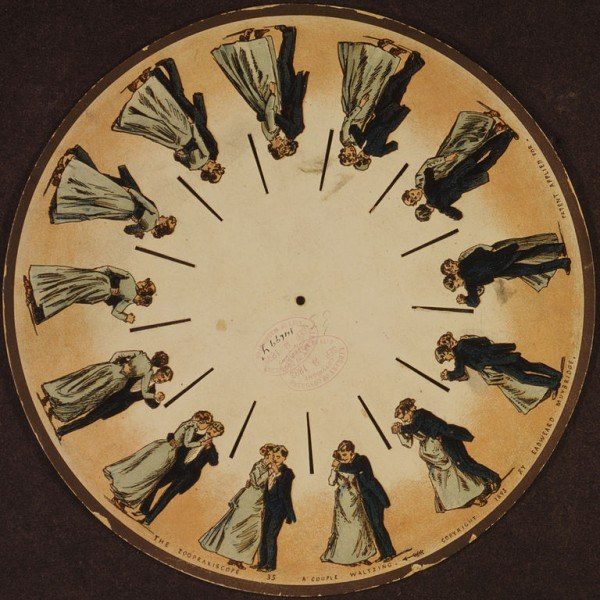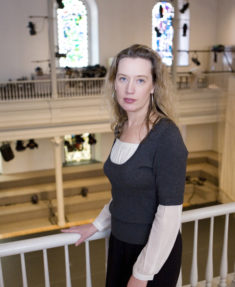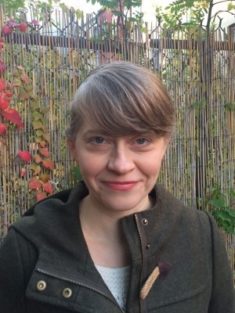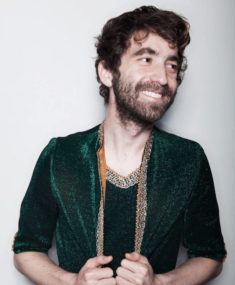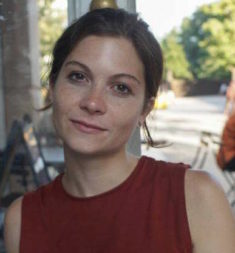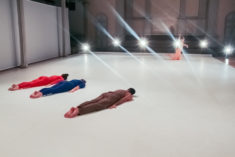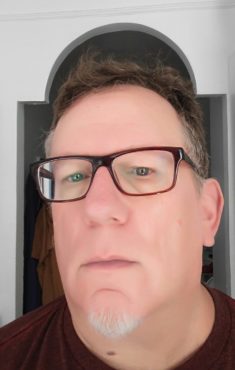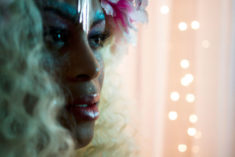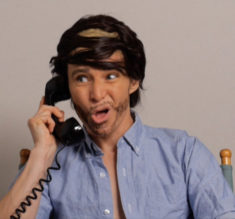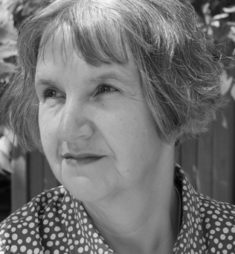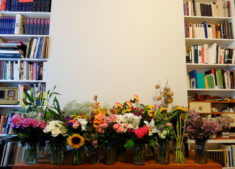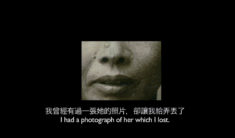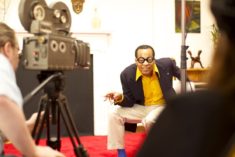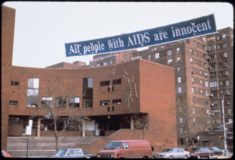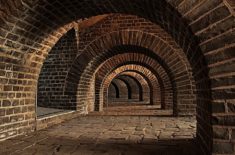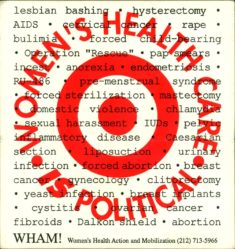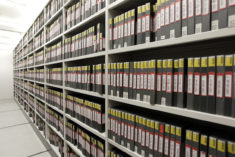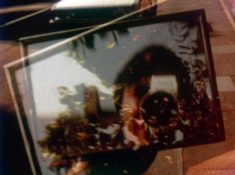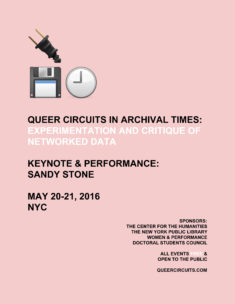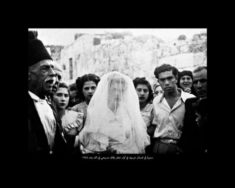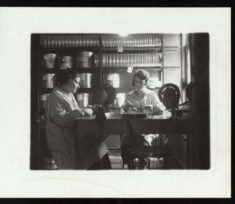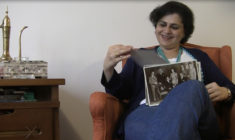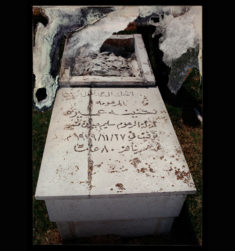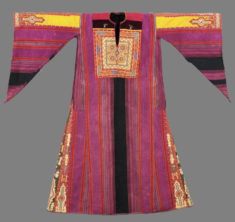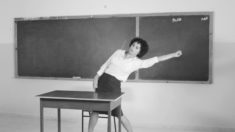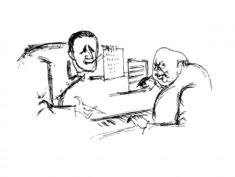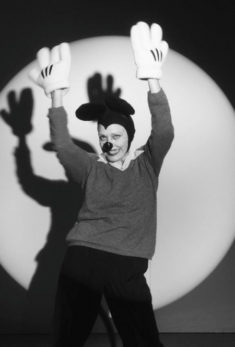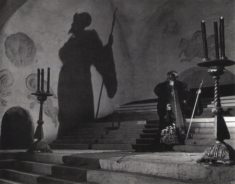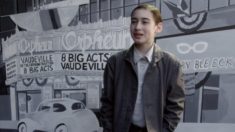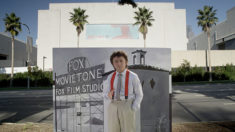About the research group
Led by Amy Herzog and Edward Miller, the Mediating the Archive research group has focused on how archival studies dovetail with the scholarly and artistic legacy of queer activism through visual art, film, digital media, and dance. Their work ensures such counter archives are a part of public discourse.
Their first project, A World Redrawn, was an exhibition of work by artist Zoe Beloff, curated by Katherine Carl in the James Gallery. It presented an archival investigation of Soviet filmmaker Sergei Eisenstein, the connections between his work and German playwright Bertolt Brecht’s politically charged “epic theater,” and queer Hollywood in the lead up to World War II. Beloff's exhibition was accompanied by a series of talks, performances, and screenings organized with Herzog and Miller.
Mediating the Archive’s concern with cinema studies, transfeminist histories, and counter archival practices led the group to support the production of two films: Happy Birthday, Marsha!, a film by Tourmaline and Sasha Wortzel about the life and legacy of legendary transgender artist and activist Marsha “Pay it No Mind” Johnson; and Toilet Training, a film by Tara Mateik about the persistent discrimination, harassment, and violence that people who transgress gender norms face in gender segregated bathrooms, made in collaboration with the Sylvia Rivera Law Project.
The Mediating the Archive research group deepened its impact at CUNY by empowering doctoral students to launch scholarly and public investigations of the social uses of the archive. Presidential Research Fellow Chelsea Haines curated Christian Palestinian Archive: A Project by Dor Guez in the James Gallery in spring 2016, an exhibition that presented narratives and documents of the artist’s family and their diasporic experience while also opening a public call to contribute to Guez’s ongoing collection of archival materials documenting Christian Palestinian lives and histories. Haines also organized talks by Ariella Azoulay on photography, Hanan K. Munhayyer on textiles, and Carrie Lambert-Beatty on fabulated archives. In collaboration with the Cinema Studies Group at the GC, Mediating the Archive produced a conference on moving image archives that culminated in a keynote panel of international artist-archivists: Clarence Elie-Rivera, Guadalupe Rosales, and Bobbito Garcia. And finally, Digital Fellow Benjamin Haber organized a two-day conference called Queer Circuits in Archival Times in collaboration with the New York Public Library that incorporated scholarly, artistic, and activist approaches to thinking through and experimenting with networked data with a keynote and performance by theorist and artist Sandy Stone.
This fall, as part of a two-year collaboration between Mediating the Archive and Danspace Project, GC doctoral students Janet Werther and Jaime Shearn Coan have organized two panel discussions as part of Danspace Project's Platform 2016: Lost and Found. Curated by Will Rawls and Ishmael Houston-Jones, Lost & Found examines the impact of AIDS on generations of artists and seeks to recover the generation of mentors, role models, and muses who died from the disease.The Platform included a series of performances (including a restaging of the work of John Bernd, one of the earliest New York choreographers to explicitly represent gay sexuality and the disease in his work), along with workshops, conversations, screenings, and the publication of a catalog.
Faculty coleader Amy Herzog also organized the event “On Janus and Justice,” a panel discussion that brought together archivists, activists, and law enforcement agency experts to discuss the various implications of police bodycam footage, the challenges of archiving video evidence, and multiple readings of such evidence in the public and judicial spheres.
